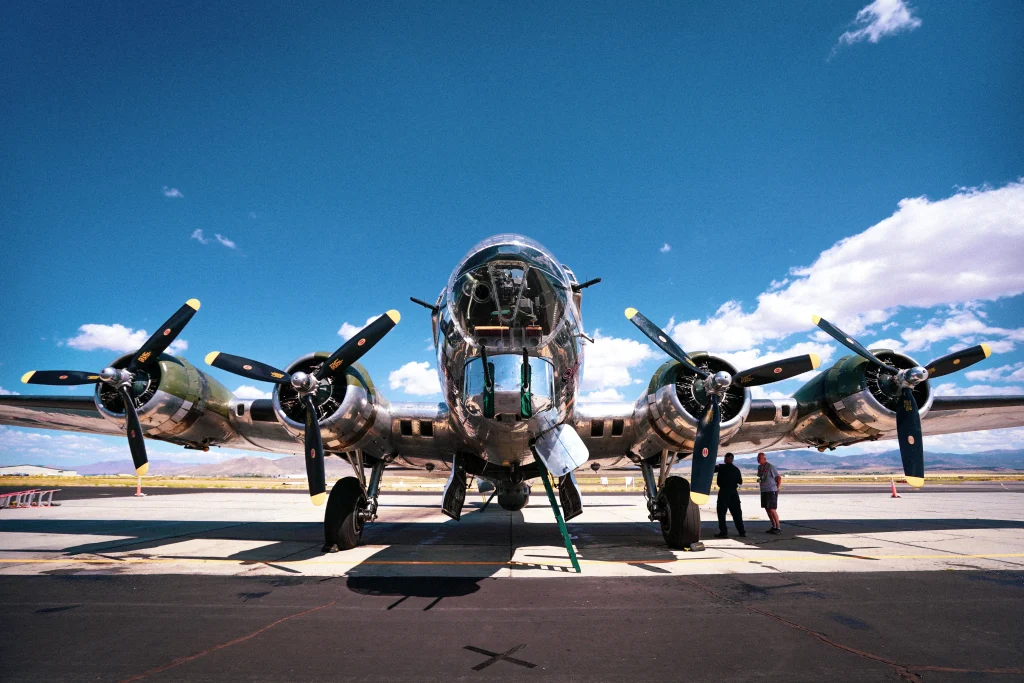Introduction:
In an era of rapid technological advancement, the aviation industry stands at the forefront of innovation. Engineers play a pivotal role in shaping the future of aviation, driving advancements that revolutionize air travel and redefine the skies. This blog explores the evolving landscape of aviation engineering and how engineers are shaping the future of flight.
The Importance of Engineering in Aviation:
Aviation engineering encompasses a wide range of disciplines, from aerospace to mechanical and electrical engineering. These engineers are responsible for designing, developing, and maintaining aircraft, propulsion systems, avionics, and more. Their expertise is critical in ensuring the safety, efficiency, and sustainability of air travel.
Advancements in Aircraft Design:
One of the key areas where engineers are making strides is in aircraft design. With advancements in materials science, aerodynamics, and computational modeling, engineers are creating aircraft that are lighter, more fuel-efficient, and environmentally friendly. From next-generation commercial airliners to innovative unmanned aerial vehicles (UAVs), the future of aviation is defined by groundbreaking designs.
Innovation in Propulsion Systems:
Another area of focus for aviation engineers is propulsion systems. Traditional jet engines are being augmented with hybrid-electric and all-electric propulsion systems, reducing emissions and noise while increasing efficiency. Engineers are also exploring alternative fuels such as hydrogen and biofuels, paving the way for a more sustainable aviation industry.
Advancements in Avionics and Automation:
Avionics, the electronic systems used in aircraft, are also undergoing rapid advancements. Engineers are developing state-of-the-art avionics systems that enhance safety, navigation, and communication in the air. Automation technologies, including artificial intelligence and machine learning, are being integrated into aircraft systems to improve efficiency and reduce pilot workload.
Addressing Challenges in Aviation Engineering:
Despite the progress, aviation engineers face numerous challenges in their quest to shape the future of flight. These include regulatory hurdles, safety concerns, and the need to balance innovation with reliability. Additionally, the industry must address environmental sustainability and the impact of air travel on climate change.
The Role of Collaboration and Education:
To overcome these challenges and continue driving innovation, collaboration and education are essential. Aviation engineering programs must equip students with the skills and knowledge needed to tackle real-world challenges. Collaboration between academia, industry, and government agencies is also crucial in fostering innovation and advancing the field.
Conclusion:
As we look to the future, the role of engineers in shaping the skies has never been more important. From designing next-generation aircraft to advancing propulsion systems and avionics, engineers are at the forefront of innovation in the aviation industry. By addressing challenges, fostering collaboration, and investing in education, we can ensure that the future of aviation is bright and sustainable.

